Multi-modal pain treatment for cancer patients, as well as continuous assessment and understanding the risk factors for opioid misuse, will reduce the potential harm of opioids in cancer care, delegates at the European Pain Federation’s biennial Congress in Valencia, Spain, were told by a leading US expert.
Prof Judith Paice, Director of the Cancer Pain Programme at the Feinberg School of Medicine at Northwestern University in Chicago, US, told the 3,500 delegates at the EFIC Congress that comprehensive assessment and reassessment of pain, function and risk factors for misuse must all be incorporated into oncology and pain care for patients with a malignant cancer.
Prof Paice said: “The increase in cancer prevalence is the result of extraordinary advances in diagnosis and treatment. Some of these cancers and their treatments can produce acute and persistent pain. However, the long-term use of opioids to treat that pain may produce harm.”
Prof Paice continued: “Pain is a serious complication of cancer and cancer treatment and it can affect all aspects of an individual’s life.
“But there are other ways we can relieve pain apart from opioids, such as non-opioids, adjuvant analgesics, as well as a great many non-drug therapies.
“Cancer patients should receive a multi-modal pain treatment strategy, that is constantly being assessed against how they are doing. That way, we can use lower doses of opioids while still providing excellent pain control.
“Education is key, both for healthcare professionals that treat cancer patients, as well as for patients and their family members, in particular to overcome some of the stigma that may be attached to non-pharmacological treatments for pain.”
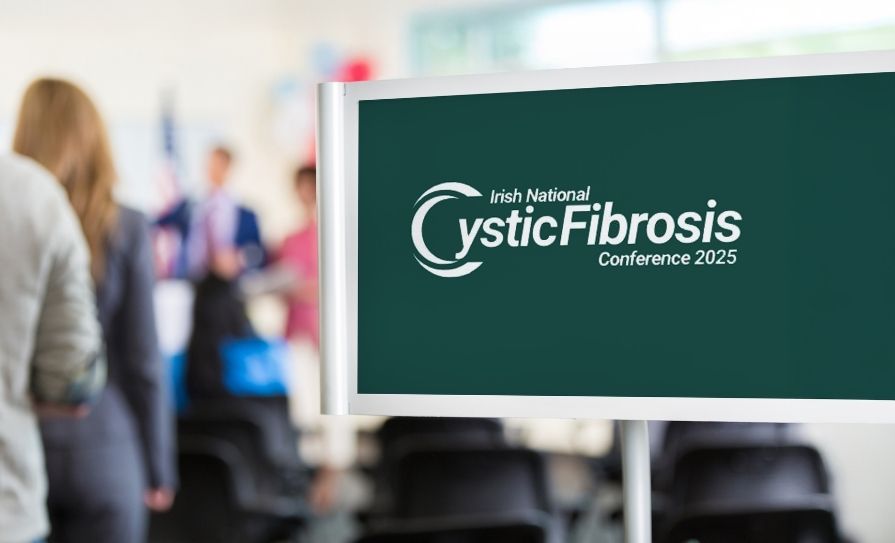
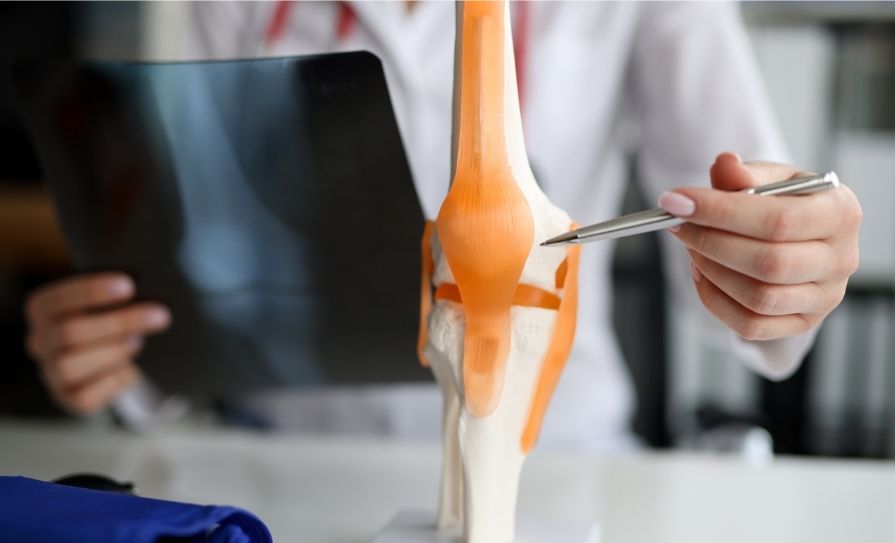
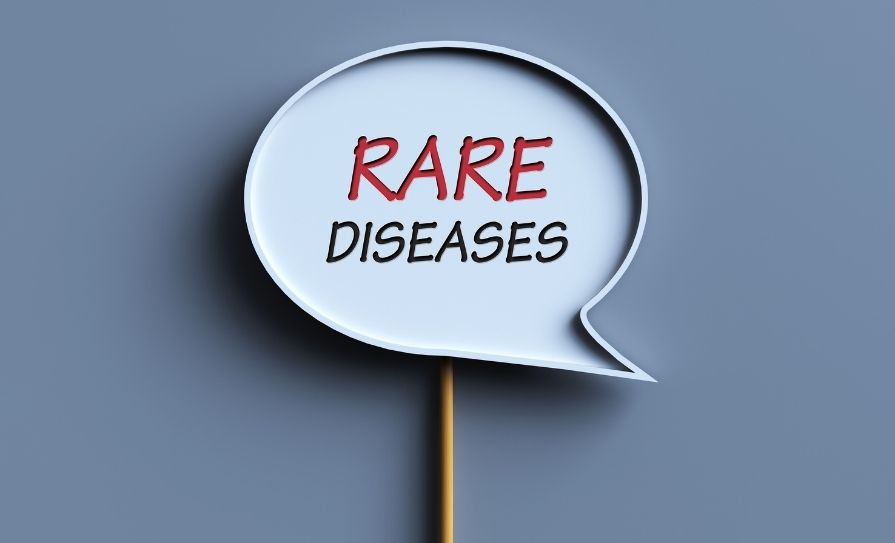

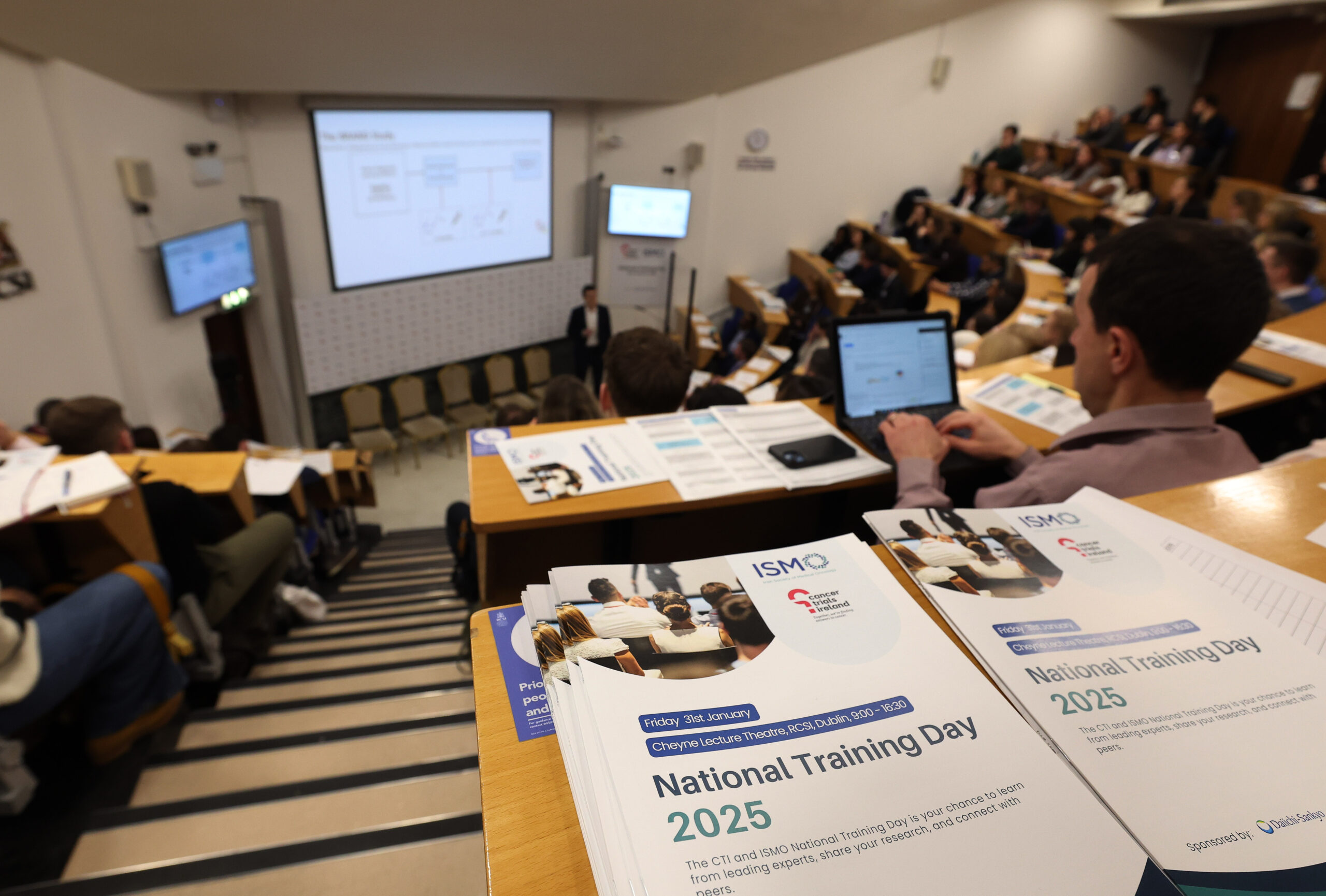

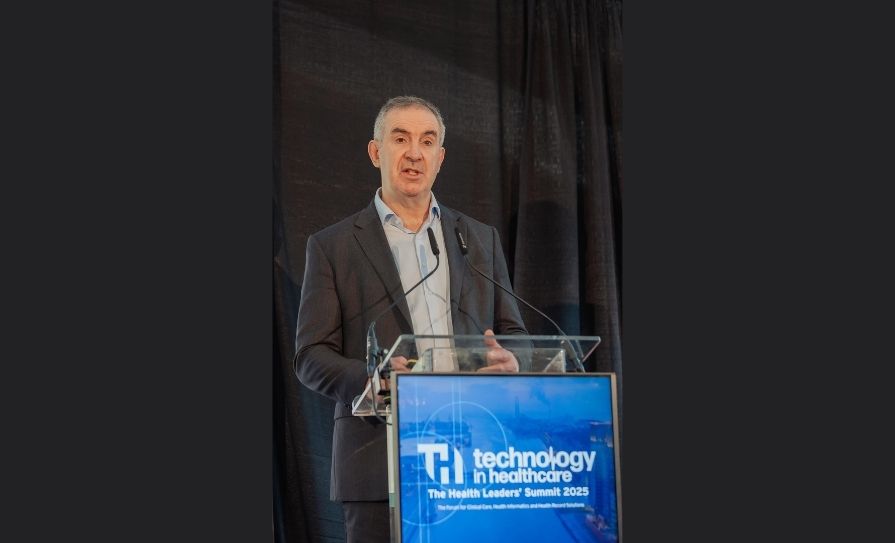





Leave a Reply
You must be logged in to post a comment.